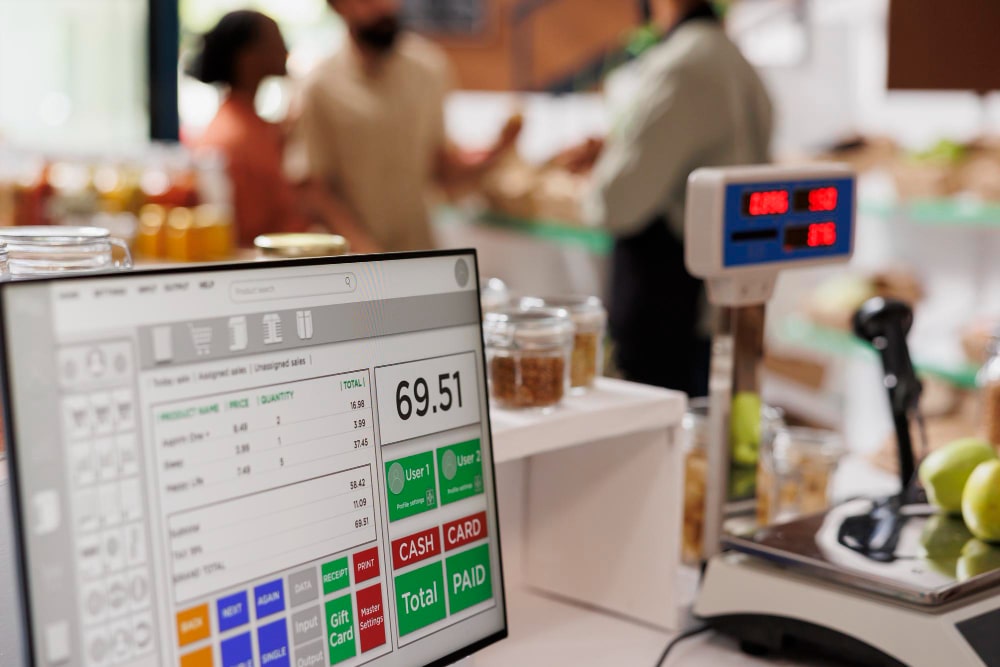May 29, 2025

The company is involved in ride hailing services, food delivery services, courier services, and freight transportation services in around 70 countries.
THE CHALLENGE
The total number of active platform consumers in a month, across ride hailing and food delivery services, is 161 million. One of company’s key financial solutions is a digital wallet which can be used for payments on rides and food orders, withdrawals, and gift card redemptions. In the European Union (EU) and United Kingdom (UK) markets, there are over 300,000 monthly customer transactions that take place using this digital wallet.
Businesses that offer financial products must comply with various governmental regulations, including strict Know Your Customer (KYC) mandates that confirm individual identities and help prevent money laundering. The company had designed a two-step KYC process for its customers in the EU and UK markets, which was linked to the total value of their monthly transactions. All customers that crossed the threshold value of the first step, had to provide additional governmental identification proof through a multi-stage workflow. The existing KYC workflow required customers to create a new account, verify their identity, and provide their personal details, which was then validated. This KYC process had a high number of dropouts which impacted the ability of customers to continue spending with their digital wallets.
The company needed an analytics partner to analyse and simplify the existing KYC workflow, identify areas of improvement, and conduct A/B testing for the recommended KYC process of their digital wallet.
THE SOLUTION
The Prescience Decision Solutions, a Movate company team studied the existing multi-stage KYC process to identify potential friction points in the user experience, which could be avoided with a more streamlined workflow for user data collection. For example, certain details such as ‘Customer Name’ and ‘Date of Birth’, which were already captured at the time of installing the application, were being recaptured as they were required in the KYC process. The Prescience, a Movate company team designed a new simplified workflow which avoided entering these details that were already available with the company.
Next, A/B testing was conducted with a Test Group and a Control Group. The size of each group was over 6,000 users with the selected users being split equally between the EU and UK markets. The A/B test was conducted for a period of 10 weeks. For measuring the success of the A/B testing, the key metrics used were
- Step 1 Onboarding Rate and
- Gross Bookings.
The Step 1 onboarding rate was also selected as the guardrail metric.
The team presented the detailed findings of the A/B testing to the key business stakeholders in the EU and UK region. The results of the A/B testing proved that for both the EU and UK markets, the Step 1 Onboarding Rates were significantly higher in the Test group, as compared to the Control group. Also, during the A/B test, the value of the Gross Bookings remained roughly the same for the two groups, in the EU and UK markets.
The technology used for this engagement was Presto SQL.
THE IMPACT
Based on the results of this A/B test, the company rolled out this revised, simpler KYC workflow for their digital wallet, to all their customers in the EU and UK markets.














































